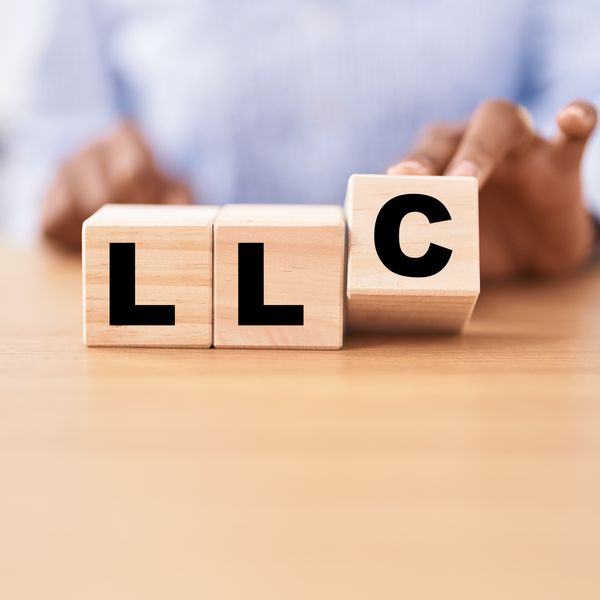Setting Business Owner Expectations
One of the most important parts of my business is setting
owner expectations. For example, you
don’t want a business owner believing that we can sell the business in a month,
because although we may find a buyer quickly, the sales process takes many
months regardless of a buyer appearing immediately.
Valuation is the most important expectation. I remember when I sold in 1997 the first
technology that I started. My wife and I
had very little money since I used all of our savings starting the company, and
after I signed the purchase agreement we spent some hours making a prioritized
list of stuff we would buy or things we would do with the money. They say money doesn’t buy happiness but I remember
that as a really fun time catching up on the spending.
The last thing I want to do is mislead a business owner, and
possibly cause them to start down that path of “spending” the money. I try not to give estimates when on a first
visit, even when pressed. I don’t ask
what the business owner wants. I want to
go away, do the research, use my partner Fred Hall if needed since he does
formal business appraisals. Then I
present my opinion of what the business value is. We never ask for a representation agreement
until we present the valuation, and there is mutual agreement regarding
it. Some broker/advisors will tell an
owner what they want to hear to get a listing, and I’m proud that we don’t play
that game. Our opinion of value is what
it is.
However last week I blew it.
I did an analysis using prior year’s tax returns and the year-to-date
profit and loss. I noticed that the tax
returns were cash basis, and that this company was growing. This usually means, as I wrote recently in a
blog post, that the earnings were higher than the financials would indicate. We did the conversion from cash to accrual and
presented our results. It turned out
this was right in line with what the owner thought the business was worth. OK so far.
I asked the business owner if he could get updated P&Ls
as quickly as possible after the first of the year, and he replied he
could. He also happened to mention in
his email that the P&Ls his accountant produces were accrual while his tax
returns were cash basis. Oh oh. I had made an error of assuming the P&Ls
were also cash basis, which meant I had added revenue that was already there,
and therefore had overshot the mark on valuation. At least we caught it quickly. I’ve witnessed errors like this caught during
due diligence after the business was on the market and a buyer made an offer to
buy.
I received the email from the business owner while walking
through
Union Squarein San Francisco
on my family’s annual holiday getaway weekend.
I felt sick. I couldn’t let this
go over the weekend, so I called the client and gave him the news. He was rightly disappointed, and said he
needed to rethink the sale and talk to his wife. I certainly don’t blame him. There are always a few bumps in the road in a
business sale, and hopefully this means there is one less bump on the road for
this owner.



